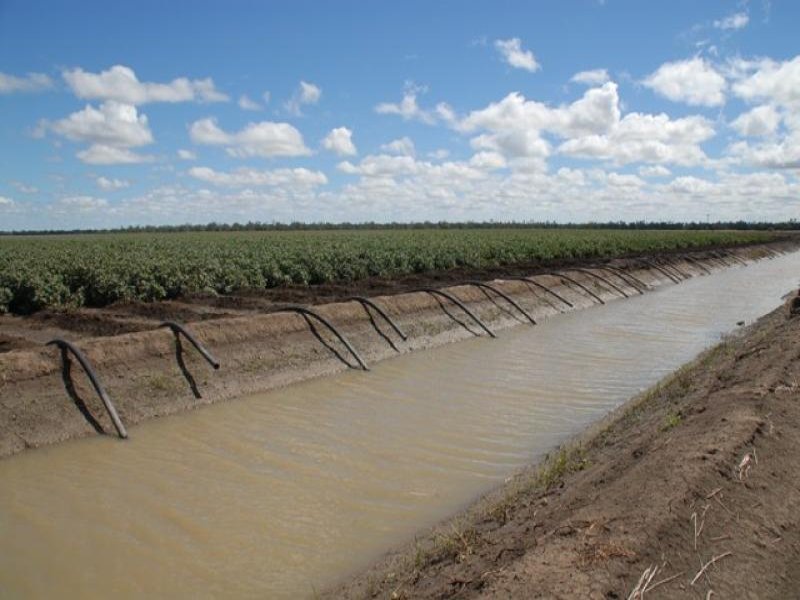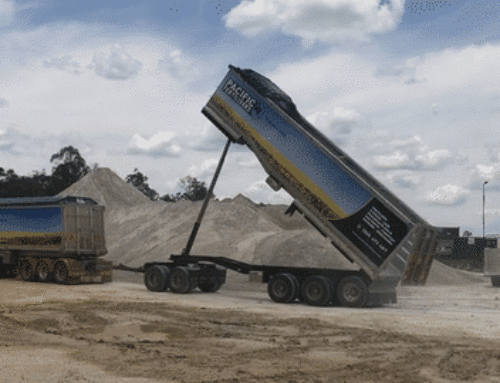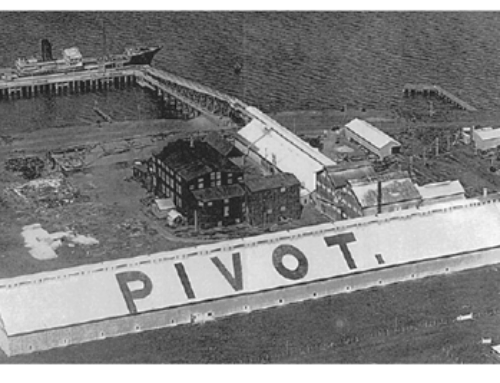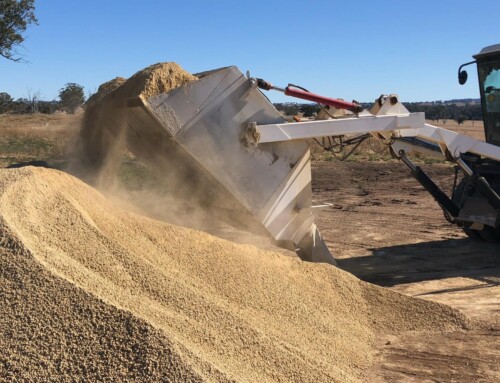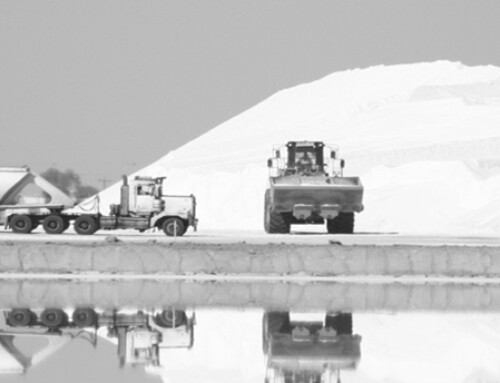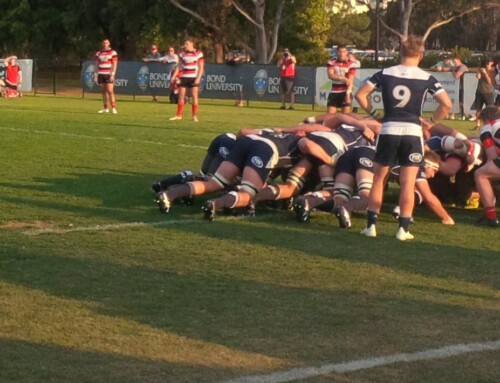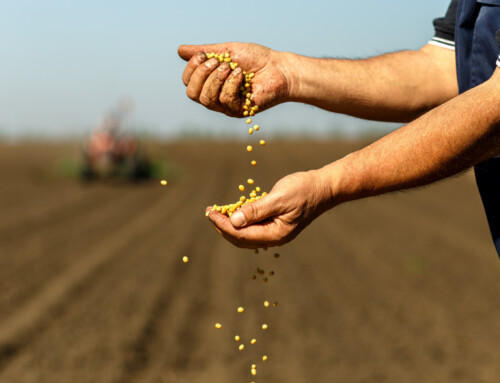Gypsum has many uses in agriculture and it can also assist in the treatment of irrigation water for operations such as the coal seam gas extraction.
Water high in sodium (SAR above 6.0) can be modified through the addition of Gypsum (high in calcium), either through the irrigation water or by direct application to the soil.
Certain chemical amendments added to soil or water should improve a low infiltration rate caused by low salinity or by excessive sodium (high SAR) in the irrigation water. Improvement can be expected if the amendment increases the soluble calcium content or causes a significant increase in the salinity (ECw) of the applied water. Amendments are used to help increase the infiltration or counter the effects of sodium, since, at present, there is no economical process available for removing salts or sodium from irrigation water which is low enough in cost for general agricultural use. An amendment, such as gypsum, when added to soil or water will increase the calcium concentration in the water, thus reducing the sodium to calcium ratio and the SAR. Adding gypsum is also beneficial because it increases the salinity of low salt waters, thus improving infiltration (Figure 21). Gypsum of other similar additives will not cause any important improvement if poor infiltration is due to adverse soil texture, soil compaction, restrictive claypan or hardpan layers, or a high water table.
Water amendments are most effective if the water infiltration problem is caused by a low salinity water (ECw < 0.2 dS/m) or by high SAR in a water of low to moderate salinity (ECw < 1.0 dS/m). If water salinity is moderate to high (ECw > 1.0 dS/m) in addition to a high SAR, soil applied amendments such as gypsum or sulphur may be preferred and often are more effective.
Example – A 5 hectare area needs an irrigation depth of 100 mm. The gypsum quality is 90% pure and an increase of 2 me/l of calcium is desired in the water. How much gypsum should be used?
Given: ECw = 0.15 dS/m
Area = 5 ha
Gypsum = 90 percent pure
Total water requirement = (5 x 10,0000) x (100/1000) = 5,000 m3
1 milliequivalent per litre of calcium = 86 kg of 100% gypsum per 1000 m3 of water
Explanation: The amount of 100 percent gypsum needed to supply 2 me/l of Ca in 5000 m3 of water can be found by:
1. 1 me/l (Ca) = 86 kg (100% gypsum)/1000 m3
2. For 1 me/l (Ca) in 5000 m3
1 me/l (Ca) = 5 × 86 = 430 kg of 100% gypsum
3. For 2 me/l (Ca) in 5000 m3
2 me/l (Ca) = 430 kg × 2 = 860 kg of 100% gypsum
4. Since Pacific Fertiliser gypsum is around 90% pure, the amount of gypsum needed is found by (860 × 100) ÷ 90 = 960 kg of 70% pure gypsum
A finely ground gypsum is best for water applications such as SuperFlocc gypsum. Therefore the total quality of gypsum needed to supply 2 me/l of calcium in the 5000 m3 of water is ~ 1 tonne of 90% pure gypsum.
